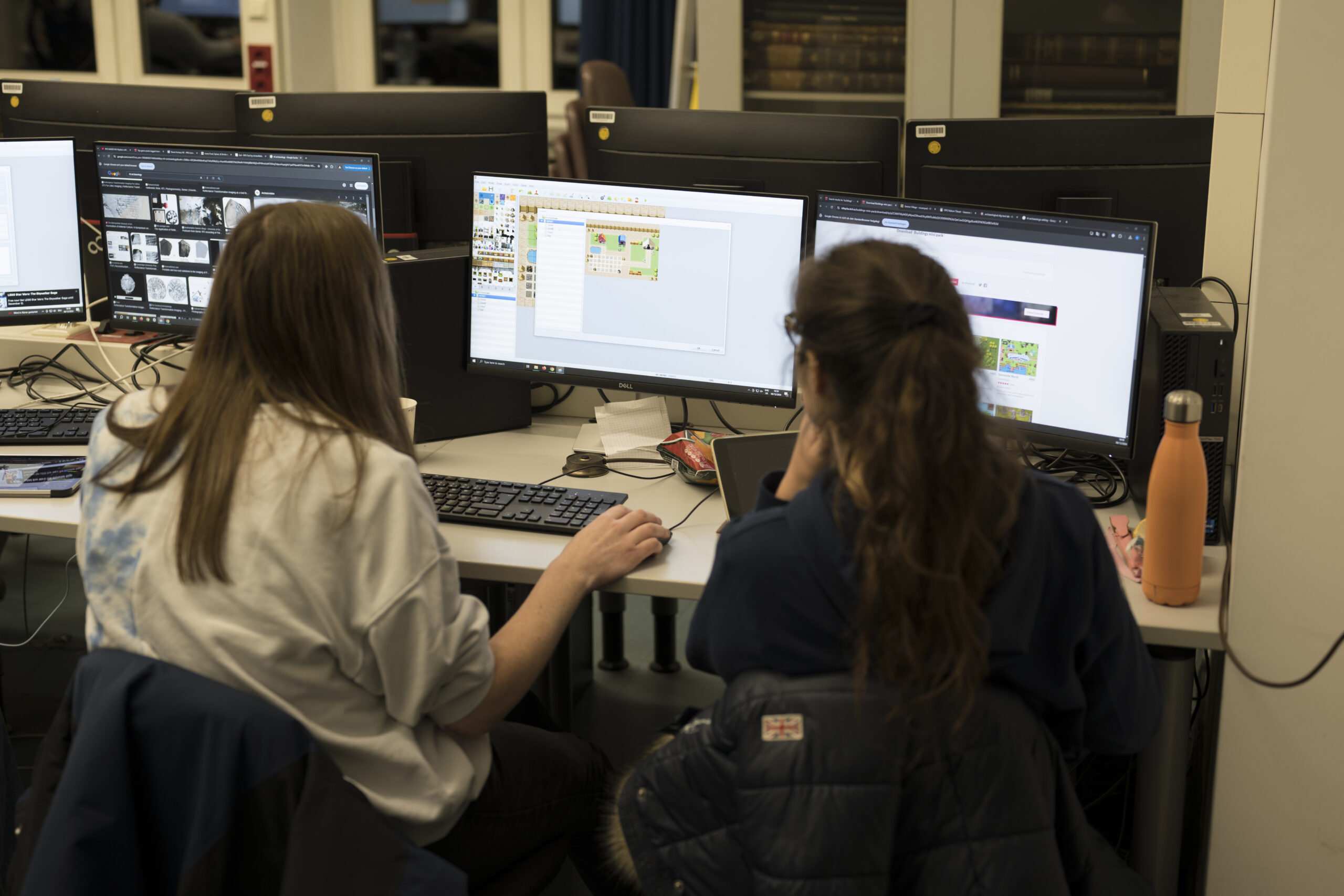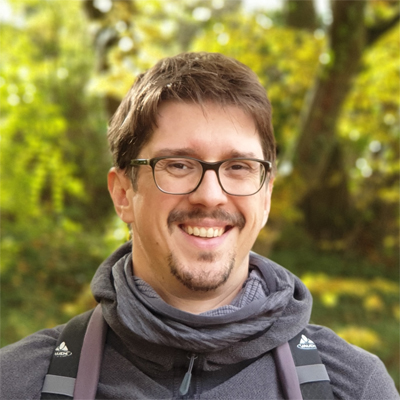Short report: Archaeogaming Hackathon Cologne
I recently announced that I would be organising an Archaeogaming Hackathon event. Last weekend we finally did it and it went great! We had three groups and each produced a small but playable game in just two full days. I was really fascinated by the simplicity of the software and the possibilities with no prior knowledge…
Three groups to bind them all
So we met all the participants in a digital pre-meeting and collected ideas from everyone. During this step we realised that some students had similar ideas that could work together in a single game. So we decided to put them together into a working group and asked them to come up with a storyboard and some ideas for game mechanics before our face-to-face meeting in Cologne.
On Friday the 6th we finally met everyone in Cologne. Many students were from Cologne itself, but we also had some guests from other universities and even one participant from Austria. We introduced ourselves and asked each group to repeat their common idea and tell us about their plans for the next days. Then the work started.
Working environment and atmosphere

We met in the CoDArchLab at the University of Cologne, a classroom with 16 student workstations. RPGMaker MV was already installed on the computers so that the groups could work independently. They worked very concentrated, first discussing their plans and organising who would do what. Kevin Körner and I (the tutors) rarely interacted during the hackathon, mostly to provide technical assistance (Kevin) or archaeological/ethical/narrative rubberducking (me).
We provided snacks and drinks and one of the students played music in the background. It was actually a very pleasant and productive working environment. I just sat in the same room and used the energy to catch up on some emails and tasks that needed to be done. I think what we created in those two days was an analogue version of those “Study with me” videos on YouTube. Nice!
What about the games?
Well, we have produced three games and will be publishing them on the DiKopA network site very soon. This report here is just a short preview of a longer report we will be doing on the DiKopA blog. So as soon as that goes live, I will let you know. Until then, I can simply describe the three games to you.
1. DigUp: In this excavation simulation you play an archaeologist who has to excavate an artefact and later document it digitally using the RTI method. I make a guest appearance in the game as an NPC!
2. ArchaeoManager: Here we play a novice archaeologist who has to do a dig, but the right way. By asking for help and trying different things, the player learns how to complete an excavation.
3. Echos der Erinnerung: Again, we play as an archaeologist excavating a World War II prison camp. By finding various artefacts, we meet the ghosts that live there. In a subgame, we travel back in time and try to escape a prison camp ourselves…







